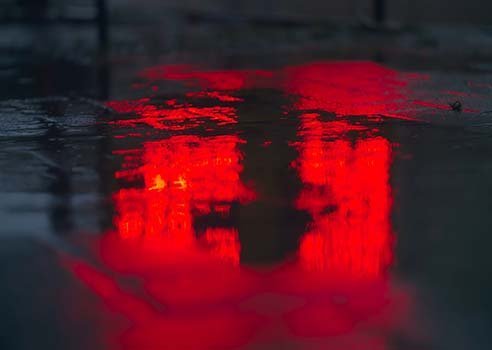Word count: 319 words
Reading time: Just over 1 minute
A great way to improve your writing skills is to emulate the work of others. That’s why, every week, I present a sentence that I’d happily imitate. Today’s comes from Sam Anderson, who writes about Anne Carson.
I had never heard of Anne Carson until I read Sam Anderson’s profile, The Inscrutable Brilliance of Anne Carson, in the New York Times magazine. A Canadian poet, essayist, translator and professor of Classics, Carson is currently a Distinguished Poet-in-Residence at New York University.
She is well known for two books that are new to me, Autobiography of Red (1998) and Red Doc > (2013) (the pointy bracket began as an accident but stayed in the title). I found Sam Anderson’s writing about Carson so fine that I couldn’t narrow my “great-piece-of-writing” choice to a single sentence. Here, then, is part of a paragraph I found particularly admirable:
“Autobiography of Red,”… was published in 1998. In the intervening 15 years, “Red” has become known as one of the crossover classics of contemporary poetry: poetry that can seduce even people who don’t like poetry. It boasts one of the more impressive roster of blurbs you are ever likely to see: full-on gushing from Alice Munro, Michael Ondaatje, Susan Sontag. The book is subtitled “A Novel in Verse,” but — as usual with Carson — neither “novel” nor “verse” quite seems to apply.
I like his choice of verb, seduce. I’m dazzled by the list of literary heavy-hitters he is able to assemble — Munro, Ondaatje and Sontag — and impressed that he’s able to use the phrase “full-on gushing” in association with them. And I appreciate his analysis that what she does is neither novel nor verse.
In fact, if forced to choose, I’d select that last sentence as my favourite. It is perfectly balanced and I like the way he juxtaposes the equivocation of Anne Carson with his own (perfectly polite) rejection of it.


